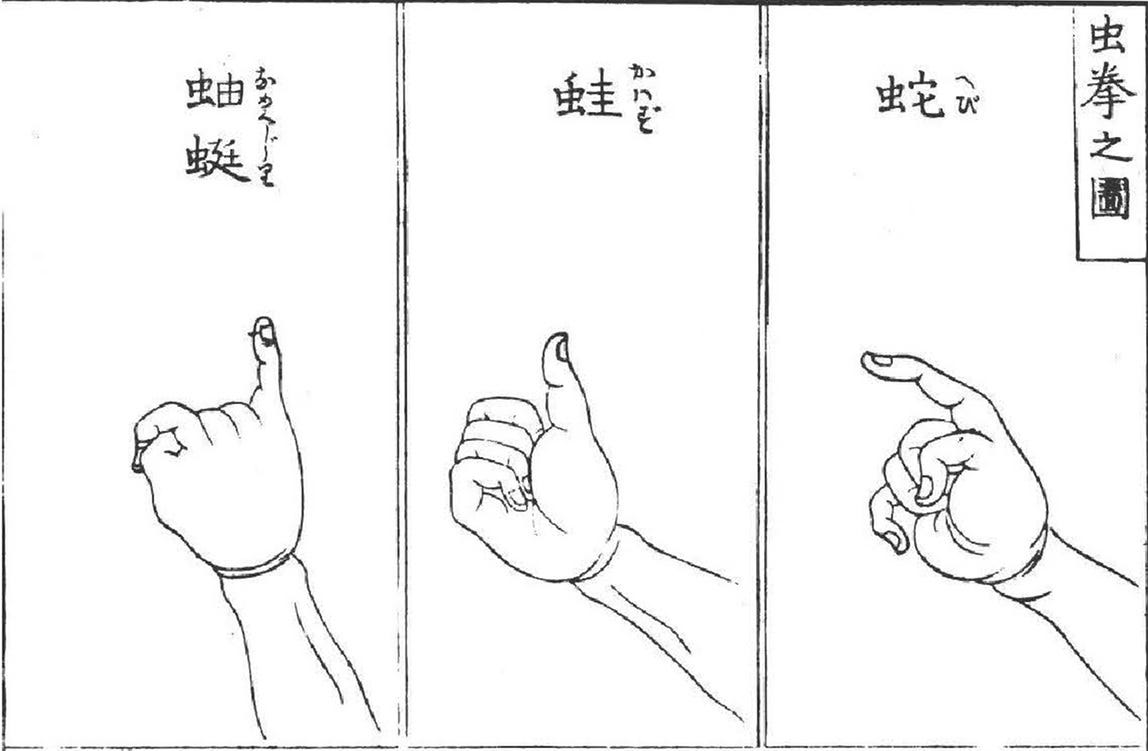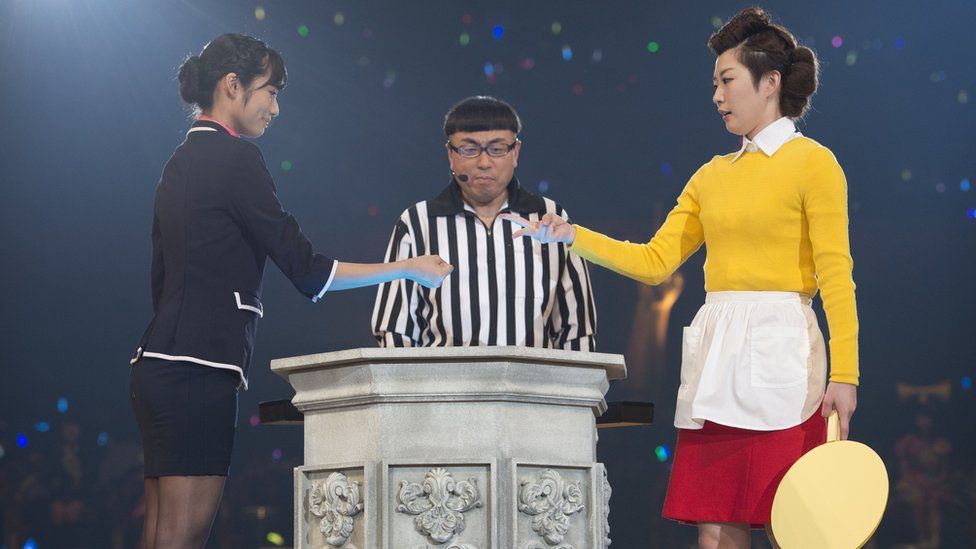
But it did set an odd precedent for conflicts to be possibly resolved by children’s games. He thought that both lawyers would go for paper “because they deal with so much paper.” Unfortunately, the attorneys decided to settle the matter by other means rather than face the battle. Ridiculous as it sounds, the game was due to be overseen by Matti Leshem, co-commissioner of the USA Rock Paper Scissors League. He ordered that they “engage in one game of rock, paper, scissors.” He chose the site as the steps of the Tampa federal courthouse to avoid yet another disagreement over where the game should be held. When two lawyers were having a minor quibble about where the deposition of a witness should take place, Judge Gregory Presnell eventually could not take it anymore. At least, that’s the best theory anyone has. Somehow, they became entangled, creating a new word for Rock Paper Scissors in this region. The heavy level of Revolutionary history taught in schools may have led to Rochambeau also being a familiar sound. A high East Asian population in that part of the United States may have made children there familiar with the Japanese name. Many believe that the name may be an Americanized interpretation of “Jon Ken Pon,” the Japanese name for the game. The words don’t seem to mean anything in any language, and we can only guess their origin. The first written use of the term Roshambo is found in “The Handbook for Recreational Leaders,” published in Oakland, California. Though legend suggests he played the game, evidence suggests it was not yet known in America at this time. Many believe it’s of French origin and connected to the Comte de Rochambeau-a French nobleman in the American Revolutionary War who was featured in the musical Hamilton. But no one knows where the word Roshambo came from. Related: 10 Bizarre Ways People Have Beaten Games 10 A Game by Any Other NameĪnother name for Rock Paper Scissors, Roshambo, is most commonly used in Northern California. So here are ten intriguing facts about Rock Paper Scissors! Most don’t give it a second thought, but there are few games as ubiquitous or with such a unique history. Famously used as a decider of minor disputes, it also represents key elements of game theory. If Japan's robots ever have an uprising, though, we're pretty sure we're all done for.Rock Paper Scissors is an ancient and mysterious game known to millions across many cultures.

"And this technology can be applied to motion support of human beings and cooperation work between human beings and robots, etc, without time delay." "This technology is one example that shows a possibility of cooperation control within a few milliseconds," says the project website. The new version, though, finishes moving at the same time as the human. This was because, even though the robot knew what shape the human hand would be before it had finished moving, it was unable to respond quickly enough. The first took around 20 milliseconds to respond - a noticeable delay.


This is actually the second version of the robot created by the team. This means that the image capture and analysis, data transfer and reaction are all performed at super-high speeds. When the human player moves, the camera conveys the position of hand, wrist and fingers to the robot hand, which then delivers its response in just one millisecond - before the human hand is able to finish moving. The set-up consists of a camera and the three-fingered robot hand. Now, a team at the University of Tokyo's Ishikawa Oku Laboratory has created a robotic hand that takes just a split second to read your movements to beat you at rock-paper-scissors every single time. Japanese robots can already challenge star football shooter Lionel Messi and learn your moves to beat you at air hockey. Japanese roboticists have built a super-fast robot that can recognise the movements of the human hand for a 100 per cent win rate at rock-paper-scissors.
:format(webp)/http://s3-ap-south-1.amazonaws.com/wynk-music-cms/srch_hungama/music/195999204918/1617588646/srch_hungama_63891573.jpg)
(Screenshot by Michelle Starr/CNET Australia)


 0 kommentar(er)
0 kommentar(er)
